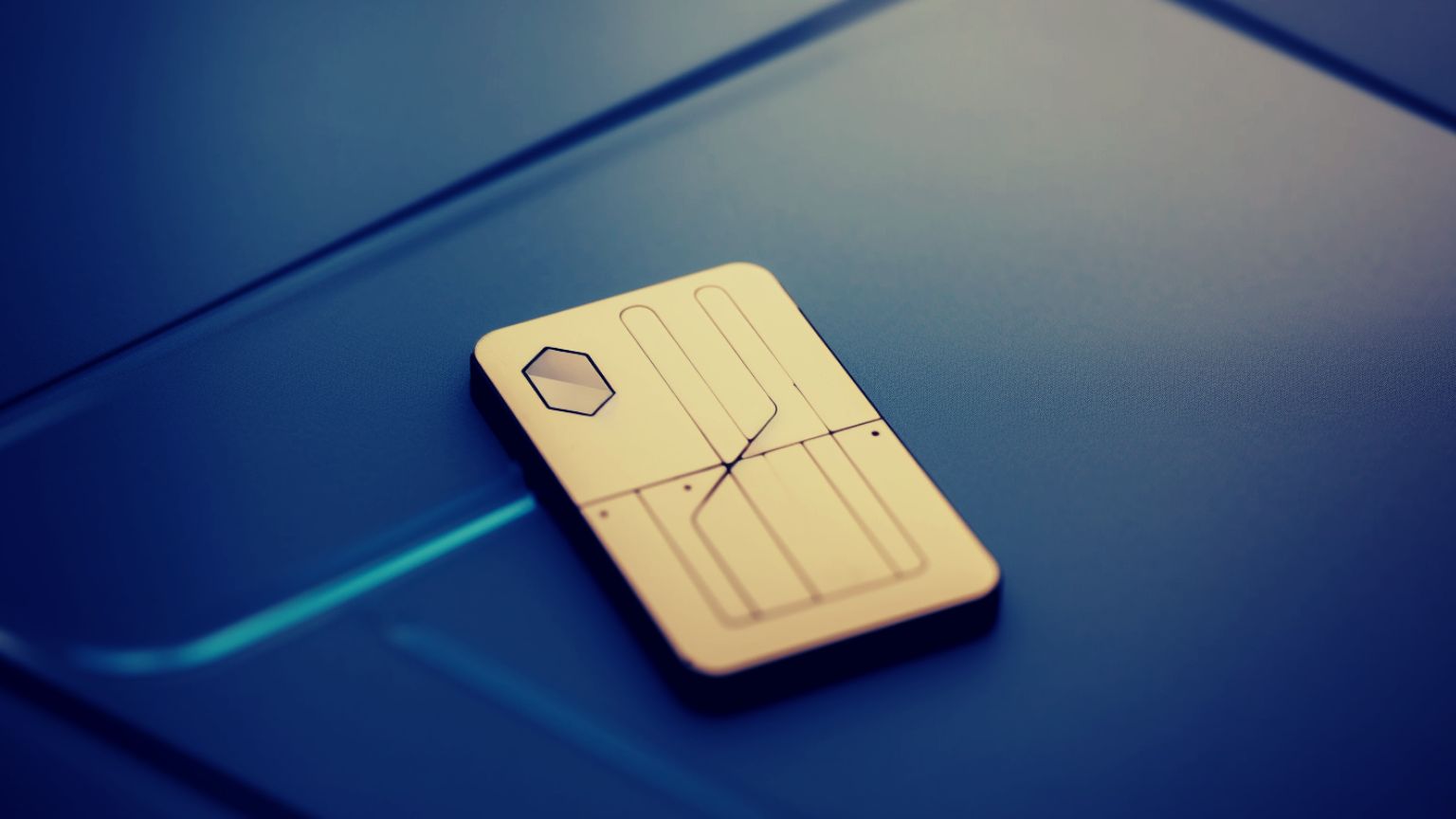by Didi Rankovic, Reclaim The Net:

Italy, Namibia and Mauritania are among the countries implementing SIM card activation via digital ID – and Italy has now reached the phase where its telecommunications regulator, AGCOM, has greenlit the practice.
A statement from AGCOM said that mobile operators are free to activate SIMs with either the electronic ID card (CIE), the national services charter (ID), known as CNS, or the SPID, the Public Digital ID System.
Namibia and Mauritania, meanwhile, are said to be facing quite a few difficulties in their race to meet deadlines.
TRUTH LIVES on at https://sgtreport.tv/
Back in Italy, the local press is reporting that the approval for this method of SIM card registration stems from decisions made during a meting of the Commission on Infrastructure and Networks, and an earlier resolution brought by the regulator.
(The resolution, 86/21/CIR, a document passed last fall, obligates identification of each phone number’s user as part of the number portability operations.)
Previously, people wanting to register new SIMs for their phones had to provide copies of their physical ID card and tax code (either in person or via online submission.)
What the new development is referred to by those behind it is “simplification” – that’s “convenience’s” cousin where language to promote ever wider and deeper use of digital IDs is concerned. Some mobile operators are also unhappy with another argument in favor of this new rule, namely, that it’s there to combat SIM swapping, and say there are other ways to do it.
But their objections, in the form of an appeal, have been rejected.
In general, those opposed to the decision will likely see it as little “simplification” in return for a lot of digital ID positioning across a wide spectrum of people’s everyday lives and activities.
After all, SPID is already used by 35 million Italians as a means of accessing various services.
As for Mauritania’s biometric SIM registration efforts, the deadline was to do this by October 6, however, there has been no news yet out of that country about how the undertaking went. The reason Mauritania has given for wanting to introduce this in the first place is, “national security.”
In Namibia, the problem seems to be poor uptake and “resistance” in some communities, along with logistical problems.




